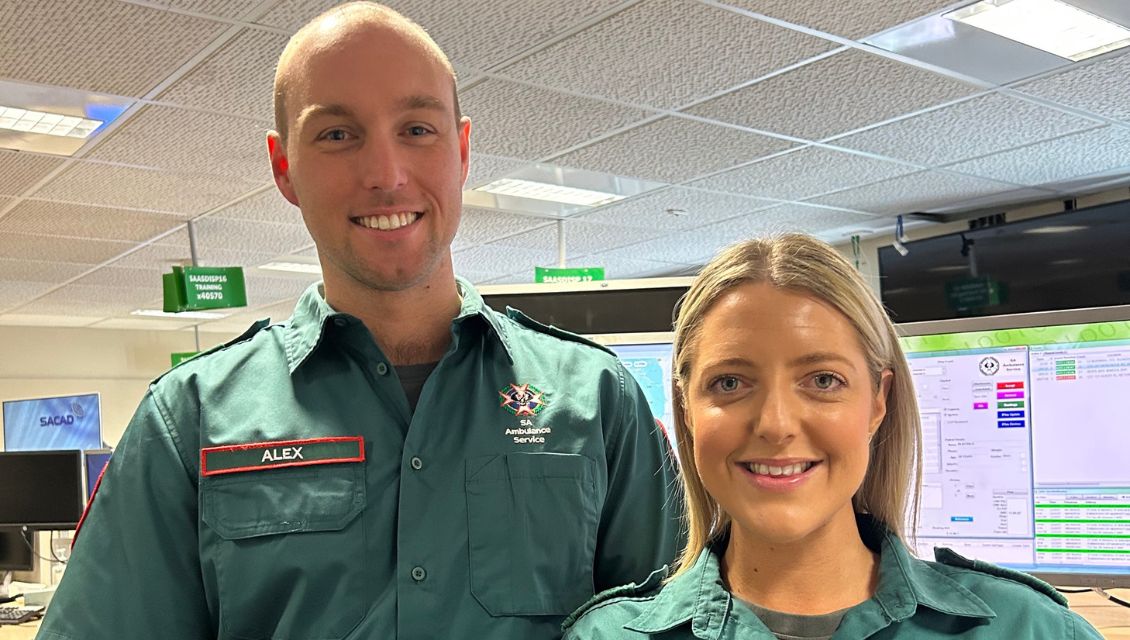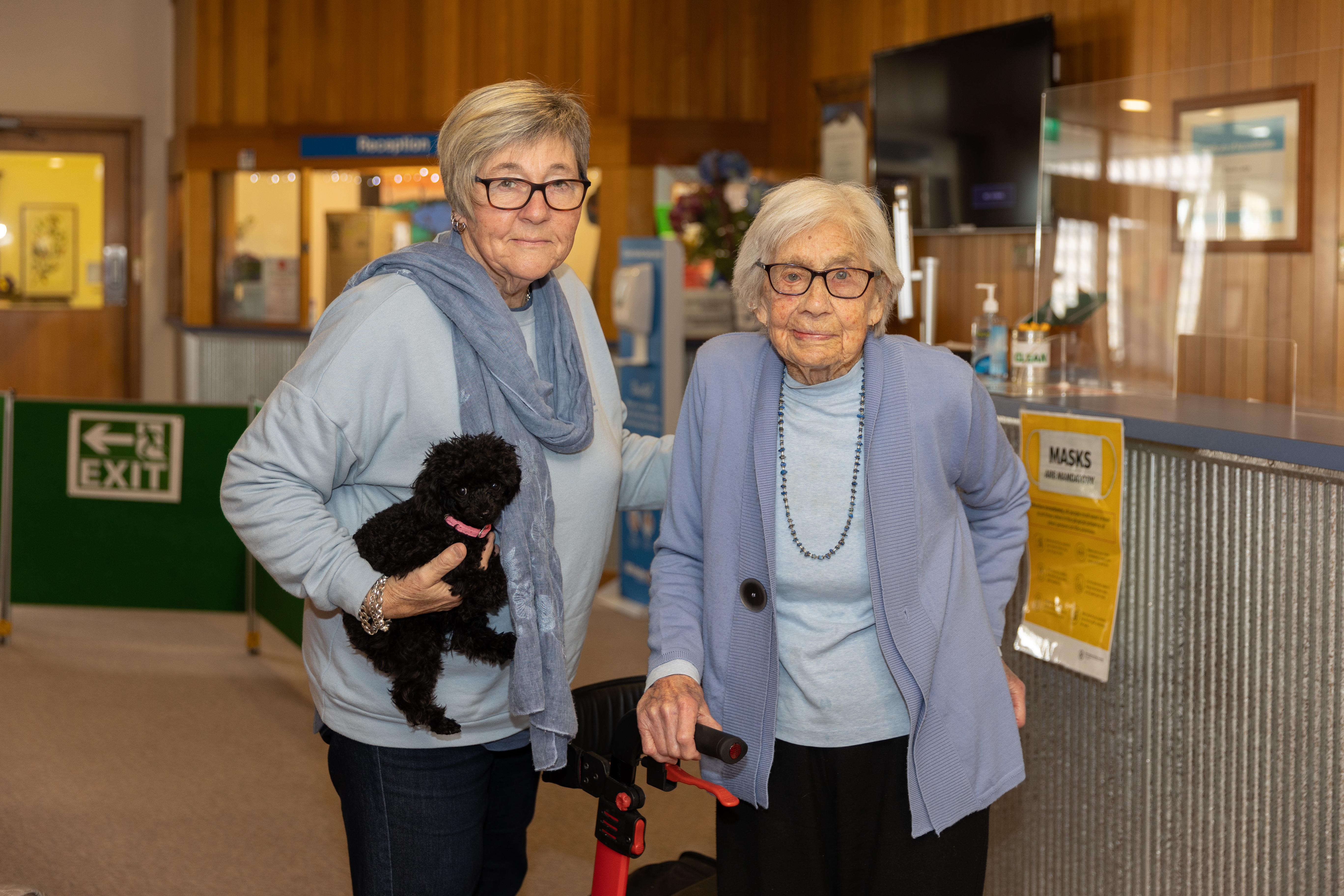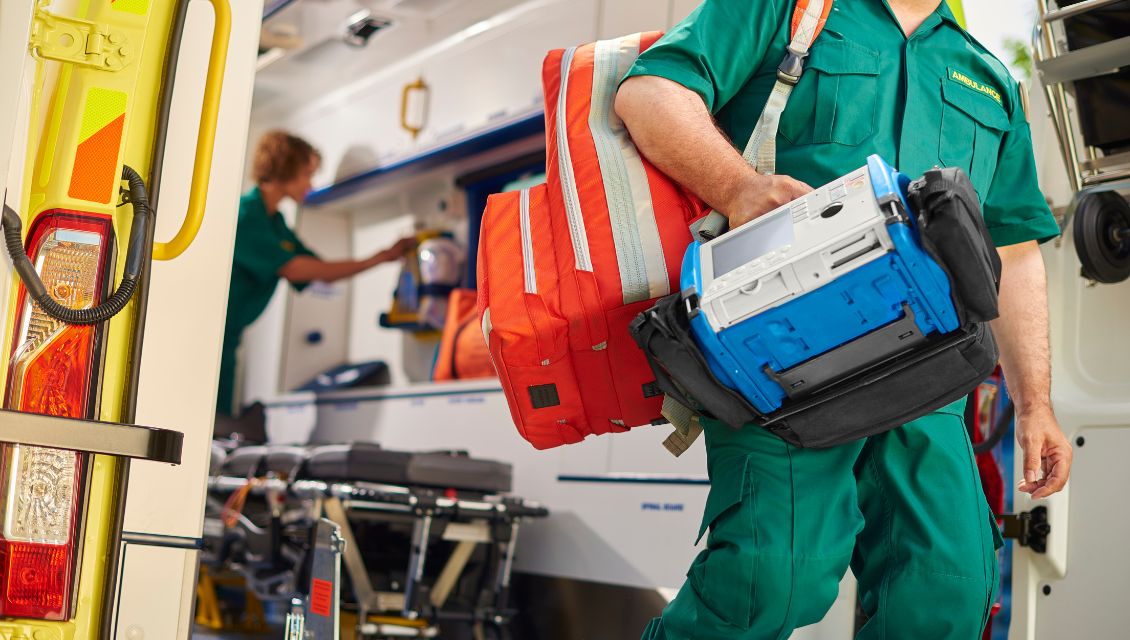
Can art have a positive impact on people’s mental and physical health?
The answer is a resounding yes, according to a report on The Pinnaroo Project released by Flinders University.
The project – based in the South Australian Mallee town near the Victorian border – saw a series of workshops and events held across three years, designed to foster community participation in the arts and to strengthen the connection between creative art and health in the region.
Kicking off in 2020 thanks to seed funding from a number of agencies – including $ 50,000 from the Department of Human services – the project is now being used as the basis of a model which other communities can adapt and roll out in their own regions.
50,000 from the Department of Human services – the project is now being used as the basis of a model which other communities can adapt and roll out in their own regions.
In a collaboration between the Pinnaroo community, Mallee Arts Group and researchers from Flinders University Caring Futures Institute, a series of 120 workshops and events encouraged the community to take part in arts and create a connection with their health.
Researchers from Flinders University’s Caring Futures Institute, led by Professor Robyn Clark, were then invited to evaluate the scheme's impact and develop a model that could be used globally – with their official report now released.
“Over three years we conducted 563 health screenings and collected 616 feedback forms from participants in order to understand the project’s influence,” Prof. Clark said.
“The results were overwhelmingly positive, with our findings showing that for those who added art into their lives there was a reduction in depression, lower smoking rates, more healthy eating and better overall reported health.
“The community really took a proactive approach to bettering their health with nearly a quarter of the population taking part in yearly health checks including blood pressure, blood glucose, height and weight, while we also emphasised mental wellness, in a community with limited access to medical services.
“Our results showed the overall health of the whole Pinnaroo community improved during the evaluation period.”
 Pinnaroo Project co-chair Deb Colwill said both large and small workshops were important to the project's overall success.
Pinnaroo Project co-chair Deb Colwill said both large and small workshops were important to the project's overall success.
“Each type provided distinct value, with small workshops creating a more personal and intimate communication space, and larger ones drawing in a diverse community cohort,” Ms Colwill said.
“The activities effectively bridged generations, uniting individuals from various walks of life.”
Pinnaroo resident and co-chair of the project Julie Wallis reflected on her experience and the impact on her community.
“The project activities created a platform for people to meet and connect outside the traditional rural past times of local sport or the pub," she said.
"We have seen the engagement of isolated individuals, some of whom have been local residents for years, yet our paths had not crossed before.”
A number of positive outcomes were observed during the evaluation period, including:
- lower adult depression
- higher older adult physical activity
- less alcohol drinking days
- less smoking
- less adult hypertension
- high child fruit and vegetable consumption
- high child physical activity
- better overall self-rated health in both adults and children.
Find out more about the Pinnaroo Project here.






